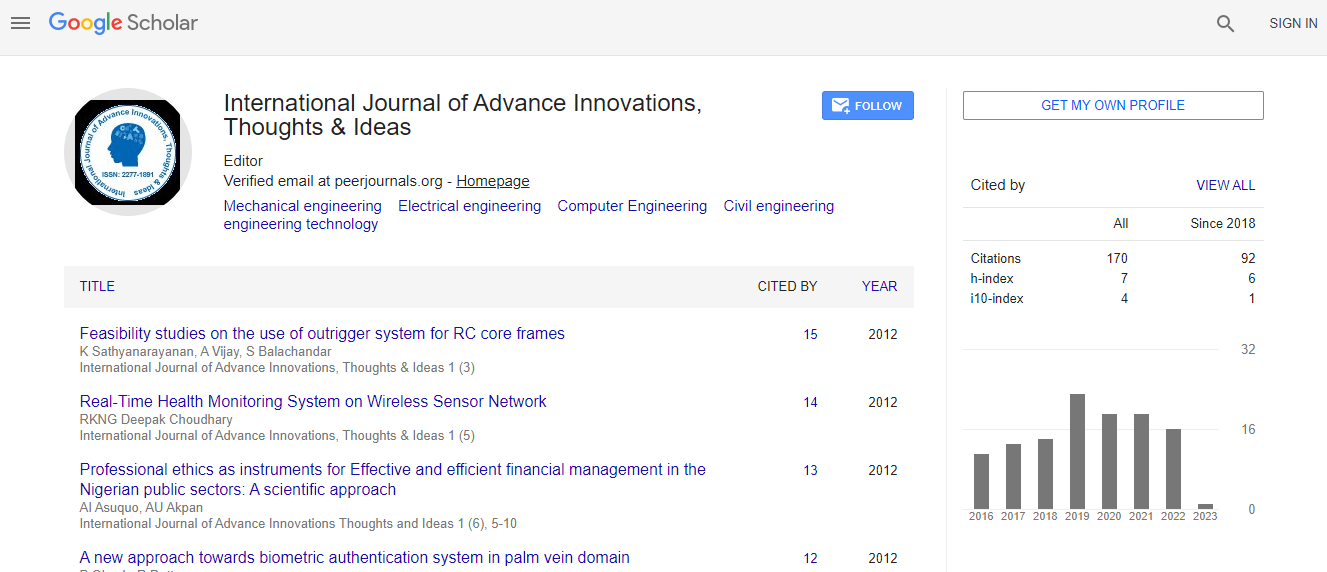Research Article
Hard Decision Based Cooperative Spectrum Sensing over Different Fading Channel in Cognitive Radio
Md. Shamim Hossain1*,Sharif Mohammed Babul Haque2,Md. Ibrahim Abdullah3 and Mohammad Alamgir Hossain41Lecturer, Dept. of CSE, Islamic University, Kushtia, Bangladesh.
2Assistant Registrar, Atish Dipankar University of Science & Technology, Dhaka, Bangladesh.
3Associate Professor, Dept. of CSE, Islamic University, Kushtia, Bangladesh.
4Lecturer, Dept. of CSE, Atish Dipankar University of Science & Technology, Dhaka, Bangladesh.
- *Corresponding Author:
- Md. Shamim Hossain
Lecturer, Dept. of CSE, Islamic University, Kushtia, Bangladesh.
E-mail: shamimmalitha@yahoo.com
Abstract
Spectrum sensing is the key component of cognitive radio technology. However, detection is compromised when a user experiences shadowing or fading effects. In such cases, user cannot distinguish between an unused band and a deep fade. Thus, cooperative spectrum sensing is proposed to optimize the sensing performance. We focus performance of cooperative CR user based on spectrum sensing using energy detector in non-fading channel AWGN and fading channels such as Rayleigh, Ricean and Nakagami. This paper presents a simulation comparison of these fading channels based on hard decision combining fusion rule (OR-rule, AND-rule and MAJORITY-rule). Fusion rule is performed at fusion center (FC) to make the final decision about the presence of PU. We observe that spectrum sensing is harder in presence of Rayleigh and Nakagami fading and performance of energy detection degrades more in Nakagami channels than Rayleigh and Ricean channels. It also found that Spectrum sensing in Ricean fading has better results than others.

 Spanish
Spanish  Chinese
Chinese  Russian
Russian  German
German  French
French  Japanese
Japanese  Portuguese
Portuguese  Hindi
Hindi 
